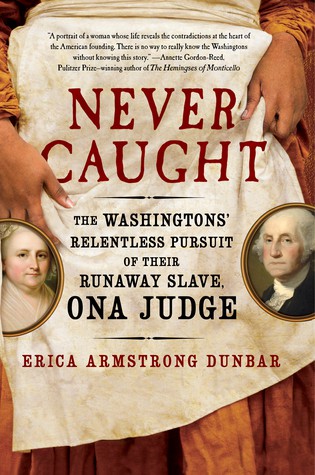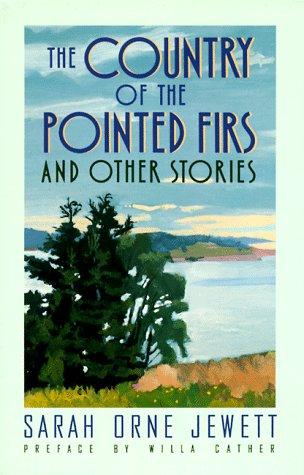Trevor Burrows started reading Never caught by Erica Armstrong Dunbar

Never caught by Erica Armstrong Dunbar
"A revelatory account of the actions taken by the first president to retain his slaves in spite of Northern laws …
Wide reader but tend toward: - Fiction: literary fiction, historical fiction, fiction in translation - NF: history; philosophy/theory; language; music
Poetry in the mix, too.
Mastodon: @NearerAndFarther@techhub.social
This link opens in a pop-up window

"A revelatory account of the actions taken by the first president to retain his slaves in spite of Northern laws …
Running notes thread here:
Running notes thread: techhub.social/@NearerAndFarther/114070776976432006
Running notes thread here: techhub.social/@NearerAndFarther/113770832559620500
My Mastodon thread of running notes: techhub.social/@NearerAndFarther/113697355028127026

There was something about the coast town of Dunnet which made it seem more attractive than other maritime villages of …

There was something about the coast town of Dunnet which made it seem more attractive than other maritime villages of …
Running thread: techhub.social/@NearerAndFarther/113647065489133871
A motley group of people makes a pilgrimage to Rome. The book is the story of the group told through the first-person voice of many of its participants. We learn of individuals' backstories and reasons for making the journey, while the group itself faces challenges and drama, adding and losing members along the way.
This never took off for me, and I almost DNF'd it. It sounds perfect for me, and I like ensemble novels that pull on multiple individual stories to create something larger, but it just felt very redundant and tedious after a while.
100% might have been where my brain was while reading, but this never clicked, and I was glad to finish it and put it away.
A motley group of people makes a pilgrimage to Rome. The book is the story of the group told through the first-person voice of many of its participants. We learn of individuals' backstories and reasons for making the journey, while the group itself faces challenges and drama, adding and losing members along the way.
This never took off for me, and I almost DNF'd it. It sounds perfect for me, and I like ensemble novels that pull on multiple individual stories to create something larger, but it just felt very redundant and tedious after a while.
100% might have been where my brain was while reading, but this never clicked, and I was glad to finish it and put it away.
Not great... in fact, would not recommend.
One or two comments in a thread here: techhub.social/@NearerAndFarther/113574151142389262
A mystery told backwards set in early modern Britain. The narrator and one of the main characters is a priest, John Reve, who has to deal with the fallout of a death in his small village. As the story progresses, every piece of it grows more rich and complex, with special attention paid to themes of time, adaptation in a changing world, mortality, and faith. The whole book has the feel of a good ensemble film or tv show, where even small characters become important and the village itself - with its daily work, its gossip, its petty and not-so-petty dramas - is a key character.
The backwards structure might sound gimmicky on paper, but it serves the plot well and reflects one of the book's central themes (the nature of time). You could easily pick the book right back up after finishing it the first time, and re-read …
A mystery told backwards set in early modern Britain. The narrator and one of the main characters is a priest, John Reve, who has to deal with the fallout of a death in his small village. As the story progresses, every piece of it grows more rich and complex, with special attention paid to themes of time, adaptation in a changing world, mortality, and faith. The whole book has the feel of a good ensemble film or tv show, where even small characters become important and the village itself - with its daily work, its gossip, its petty and not-so-petty dramas - is a key character.
The backwards structure might sound gimmicky on paper, but it serves the plot well and reflects one of the book's central themes (the nature of time). You could easily pick the book right back up after finishing it the first time, and re-read it to try and connect certain dots. I'm not going to do that right away, but I'm already looking forward to reading it again someday. Hits all the right buttons for me: 100% recommend.